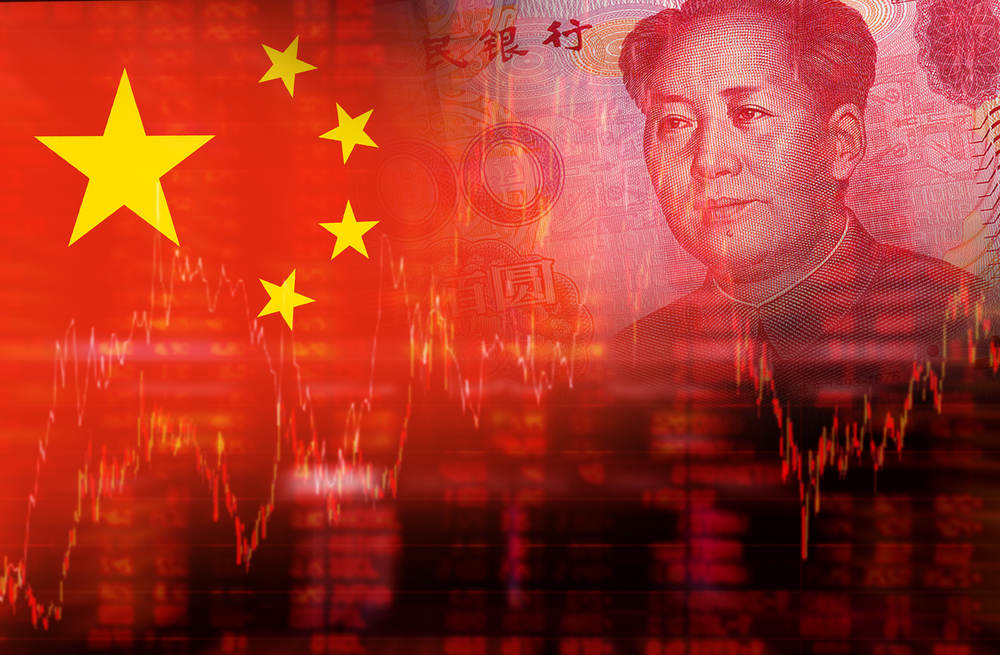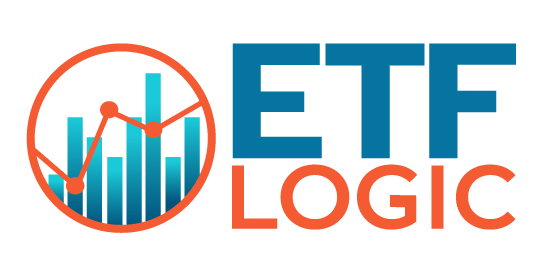Fixed income ETFs have attracted major inflows this year despite the challenging market environment as investors eye the attractive yields on offer, however, one area that has been shunned is Chinese government bonds.
This year marks a significant fall from grace for Chinese CNY-denominated bonds after being extremely popular among ETF investors over the past two years, largely driven by the low yield environment.
The iShares China CNY Bond UCITS ETF (CNYB) grew to be the largest fixed income ETF in Europe at the start of the year with €12.1bn assets under management (AUM).
However, market dynamics have significantly shifted investor appetite this year with CNYB alongside the more-recently launched iShares China CNY Govt Bond UCITS ETF (CCBI) suffering a combined $8.6bn outflows, as at 4 November, according to data from ETFLogic.
This is in stark contrast to the overall asset class with fixed income ETFs in Europe pulling in €8.1bn in Q3, up from €3.2bn in the previous quarter, according to data from Morningstar.
While the drivers of this demand are discussed at length in theOctober edition of ETF Insider, one clear factor behind the rotation from China bond ETFs to US Treasury and corporate bond ETFs has been the spike in yields across developed markets in recent months.
Highlighting this, 10-year US Treasury yields have jumped from 1.51% to 4.158%, as at 4 November, a potentially attractive entry point for any investor prepared to take slightly more duration risk in their government bond allocations.
As a result, the Invesco US Treasury Bond 7-10 Year UCITS ETF and the iShares $ Treasury Bond 7-10yr UCITS ETF have seen a combined $7.9bn inflows so far this year, a significant rotation for any asset class.
At the same time, Chinese 10-year government bonds are currently yielding 2.708% meaning investors are having to pay a large premium – versus US Treasuries – to own debt from a market where uncertainty reigns supreme over the future policy direction of its government.
As Kate Marshall, lead investment analyst at Hargreaves Lansdown, said: “China’s latest political showcase has left investors uncertain about the prospects for the world’s second-largest economy and questioning whether to invest in the region at all.
“While it was no surprise President Xi Jinping would break convention and take a third term as leader of the Chinese Communist Party, his appointment of loyalists, and removal of rivals, from the party’s inner circle, came as more of a shock.”
The party conference last month cemented a trend away from Chinese bond ETFs with European investors needing far higher yields relative to developed markets to justify the political risks of investing in Asia’s largest economy.
Demand for broader emerging market debt ETFs has also been weak with both local currency and US dollar-denominated strategies suffering outflows last quarter, according to Morningstar.
Overall, the ETF wrapper has been the tool of choice in the fixed income space for European investors this year amid ongoing cost pressures and ETF innovation enabling exposure to specific maturity buckets, a trend that is not going away anytime soon.
Related articles





